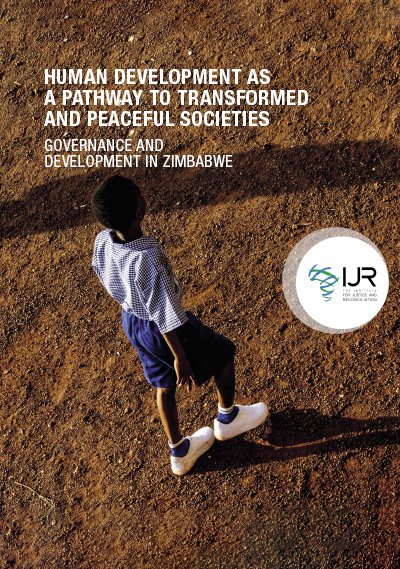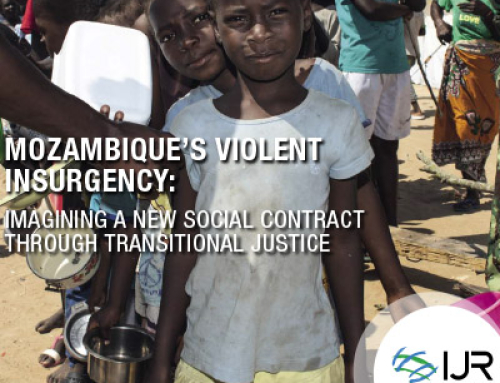
Human Development as a Pathway to Transformed and Peaceful Societies
This research document investigates the role of human development as a pathway to a transformed and peaceful Zimbabwe. It shows that the quality of governance and its impact on development outcomes matter. Periods of poor governance have exacerbated economic decline, eroded trust and fractured social cohesion. A brief exception was the period between 2009 and 2013, when the country was governed by a government of national unity. In that time, the country made marginal progress towards inclusive development. Trust within society and between state and society briefly rebounded. For this short period, evidence of fertile grounds for social cohesion existed.
However, the past decade has seen a return to economic decline and the inequitable distribution of resources. Poor governance has eroded trust and competition for scarce resources has intensified. The country finds itself overly reliant on the informal sector, which has little in the way of protection against shocks. As such, a youth bulge, combined with high unemployment, risks tipping a fragile peace into pockets of instability that might spread. Poor governance has led to human development deficits and unequal resource distribution. These matters need to be addressed with urgency if Zimbabwe is to progress towards sustained social cohesion and peace.
By: Cyprian Muchemwa and Jaynisha Patel
Pages: 48
Dimensions: A4
Date of publication: 2022




